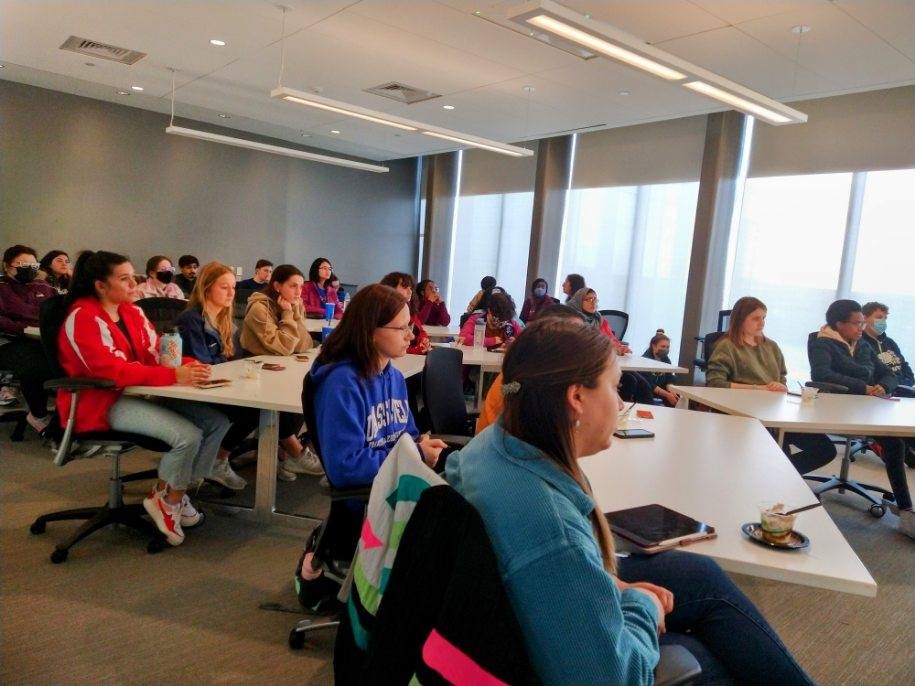By: Doa Jamal, Francis College of Engineering Well-being Leader
Ramadan
Ramadan, the holy month in the Islamic lunar calendar, holds special significance for Muslims as they engage in a daily fast from sunrise to sunset, refraining from food and drink. Starting this year on March 10th, with the inaugural day of fasting on March 11th, Ramadan stands as one of the five core pillars of Islam.
This fasting ritual goes beyond mere abstention; it serves as a profound form of worship, enabling Muslims to rejuvenate spiritually, strengthen their religious awareness, and intensify their devotion to God. By consciously restraining their desires throughout daylight hours, individuals embark on a transformative journey, initiating and concluding each day with prayer and worship. The fast encourages mindfulness and appreciation for blessings, as Muslims express gratitude to God. Enduring abstinence fosters a heightened awareness of the scarcity of essential elements like food and water in different regions.
Moving beyond its religious aspects, Ramadan inspires Muslims to instigate positive changes, cultivating habits that extend beyond the holy month. This involves avoiding sins such as lying and backbiting, promoting virtuous conduct, and contributing to personal development.
Recognizing the broader significance of fasting, individuals from diverse faiths adopt this practice for reasons such as religion, health, spirituality, and more.
~~~
Spiritual Well-Being
However, spiritual wellness does not necessarily include religion (though it can). Spiritual wellness is defined as striving for equilibrium and unity through an exploration of significance and connection, delving into your fundamental principles (morals and ethics), deciphering how you interpret life events, and identifying what gives you comfort and relief.
Some goals to work on your spiritual well-being can be:
- Ponder and explore your personal values.
- Ask questions to understand and clarify those values.
- Gain awareness of how life experiences shape and alter your values.
- Recognize variations in the values of others.
- Seek meaning in your life.
- Foster integrity by aligning your actions with your values.
Sources:
